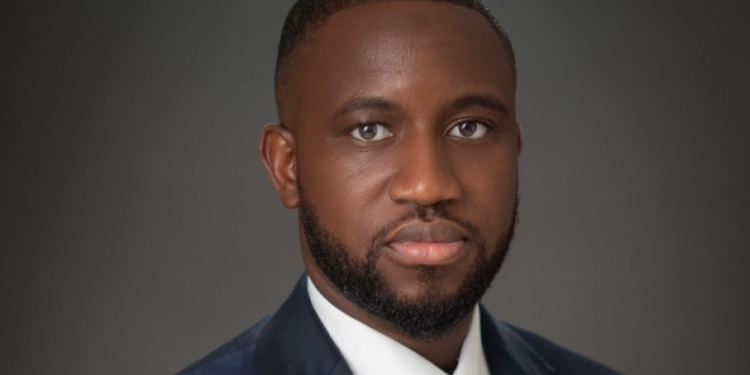The Lagos State Government has launched a new initiative, supported by the United States Agency for International Development (USAID), to improve access to clean water. The collaboration is part of the Lagos Urban Water Sanitation and Hygiene (LUWASH) program and will unfold over five years to enhance water supply and sanitation services across the state.
The project’s first phase involves the rehabilitation of five mini waterworks located in Badore, Lekki, Victoria Island, Victoria Island Annexe, and Ajegunle. The Lagos Water Corporation (LWC) is overseeing these upgrades, with the goal of reducing water disruptions and improving overall access to safe water in these areas.

At the Community Water Parliament in Ogba, held during the 2024 Africa Week of Resistance Against Water Privatization, Peju Isola, a divisional director at LWC, highlighted the significance of these efforts. She explained that restoring the waterworks will improve local water distribution, benefiting both residents and businesses.
Future Expansion Plans
The initiative will extend to additional areas in the second phase, including upgrades to the Oshodi Waterworks. This expansion will increase access to consistent water services, helping address the growing demand across Lagos.
Alongside these efforts, LWC is also refurbishing key water treatment facilities, such as the Iju and Adiyan plants, with capacities of 45 million and 70 million gallons per day (MGD), respectively. The repairs aim to restore these facilities to optimal performance by resolving operational challenges, including power supply disruptions and chemical shortages.
Strengthening Water Supply in Lagos
The government is advancing construction on the Adiyan Phase II Water Treatment Plant, which will add 70 MGD to the state’s water supply. The project also involves installing distribution pipelines, expected to take two years to complete, ensuring improved water access across Lagos’s western region.
Partnerships for Sustainable Solutions
During a recent interview, Lagos State Commissioner for Environment and Water Resources, Tokunbo Wahab, emphasized the importance of sustainable investments to meet the city’s daily water demand of 240 million gallons. He noted that while the government has provided operational funds, more investment is required for infrastructure upgrades.
Wahab also discussed efforts to attract private investors to support water management. Although some services may receive subsidies, he clarified that the government aims to balance affordability with sustainability, ensuring residents have better access to clean water without offering it entirely free.
Through this USAID-backed partnership, Lagos aims to improve water infrastructure and strengthen public-private collaboration, ensuring reliable water services for its growing population.





